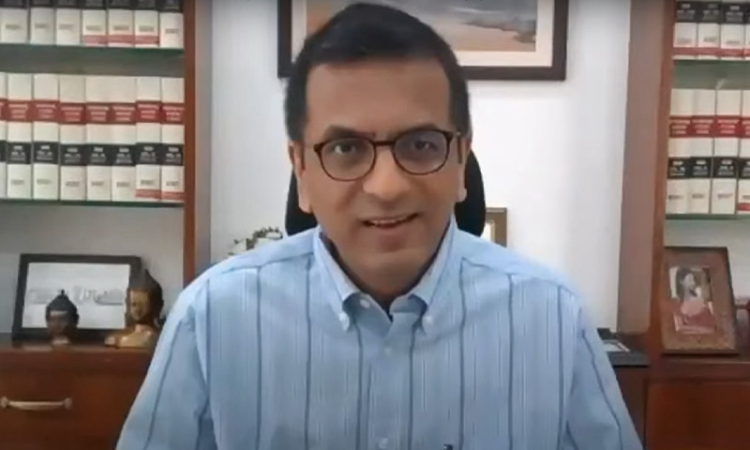"Awareness About The Rights Of Women Can Be Truly Meaningful If That Awareness Is Created Amongst The Younger Generation Of Men In Our Society": Justice Chandrachud
Mehal Jain
31 Oct 2021 6:54 PM IST

"Our Constitution is a transformative document that sought to remedy the structural inequalities rooted in patriarchy", said Justice Chandrachud
Next Story


